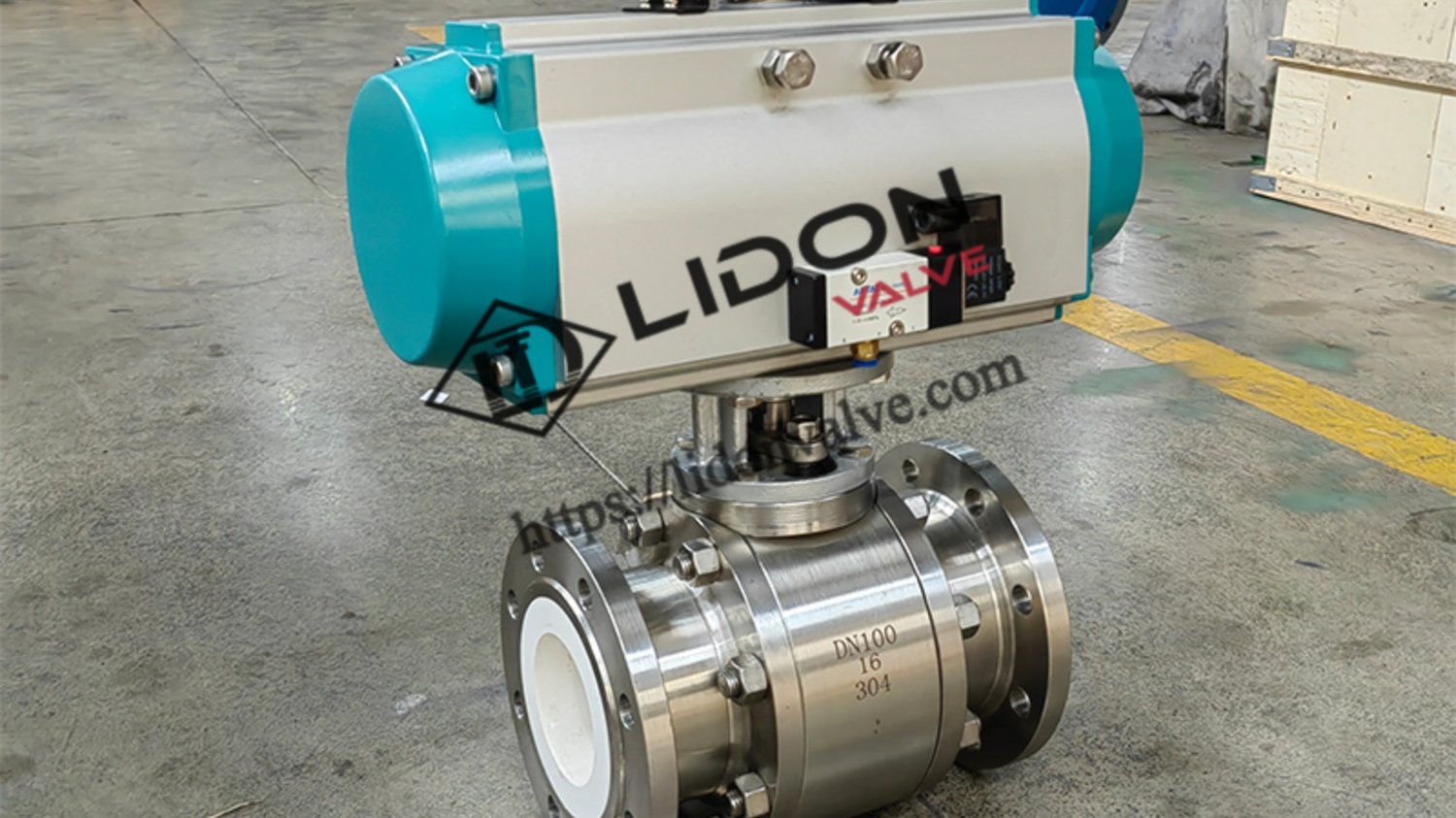1. Introduction: Understanding ceramic ball valves
Ceramic ball valves are a type of valve that utilize ceramic components to control the flow of fluids. These valves are designed to offer exceptional performance and durability, making them a popular choice in various industries. In this comprehensive guide, we will explore the numerous advantages of ceramic ball valves and how they can benefit different applications.
2. Superior Wear Resistance of Ceramic Ball Valves
One of the most significant advantages of ceramic ball valves is their exceptional wear resistance. Ceramic materials, such as alumina and zirconia, are known for their hardness and toughness, making them highly resistant to abrasion and erosion. This property allows ceramic ball valves to withstand harsh operating conditions and maintain their integrity over an extended period. With their superior wear resistance, these valves offer a longer service life compared to traditional metal valves.
3. Excellent Chemical Compatibility of Ceramic Ball Valves
Ceramic ball valves exhibit excellent chemical compatibility, making them suitable for handling a wide range of corrosive fluids. Unlike metal valves, ceramic valves are highly resistant to chemical attack, even when exposed to aggressive substances such as acids, alkalis, and solvents. This makes ceramic ball valves an ideal choice for applications in chemical processing plants, pharmaceutical industries, and wastewater treatment facilities.
4. Low Friction and High Efficiency of Ceramic Ball Valves
Due to their smooth surface finish, ceramic ball valves have low friction coefficients, resulting in reduced energy consumption and improved overall efficiency. The self-lubricating nature of ceramic materials allows for minimal wear and tear, ensuring smooth operation and preventing leakage. This makes ceramic ball valves an energy-efficient option, particularly in high-pressure systems where reducing friction can significantly impact energy savings.
5. High Temperature Capability of Ceramic Ball Valves
Ceramic ball valves can withstand extreme temperatures, making them suitable for applications that involve elevated temperatures or rapid temperature changes. While traditional metal valves may deform or lose their sealing ability under high temperatures, ceramic valves maintain their structural integrity and sealing performance. This makes ceramic ball valves an excellent choice for industries such as power generation, oil and gas, and aerospace, where temperature fluctuations are common.
6. Zero Leakage and Bubble-Tight Sealing
Thanks to their precise machining and superior sealing materials, ceramic ball valves offer exceptional sealing capabilities. These valves provide bubble-tight sealing, ensuring zero leakage even under high-pressure conditions. The excellent sealing performance of ceramic ball valves makes them ideal for critical applications where preventing fluid leakage is of utmost importance, such as in the petrochemical and food processing industries.
7. Biocompatibility and Sterilizability of Ceramic Ball Valves
Ceramic ball valves are biocompatible and sterilizable, making them suitable for use in medical and pharmaceutical applications. The inert nature of ceramic materials ensures that they do not react with biological fluids, drugs, or medical gases, making them safe for use in contact with human tissues and fluids. Additionally, ceramic ball valves can withstand sterilization processes such as autoclaving or chemical sterilization, making them an excellent choice for applications that require strict hygiene and cleanliness.
8. Noise Reduction of Ceramic Ball Valves
Ceramic ball valves offer noise reduction benefits due to their excellent vibration dampening properties. The inherent damping characteristics of ceramic materials help minimize the noise generated during valve operation, resulting in a quieter system. This makes ceramic ball valves suitable for applications where noise reduction is crucial, such as in HVAC systems, water treatment plants, and industrial manufacturing facilities.
9. Environmental Friendliness
Compared to metal valves, ceramic ball valves are more environmentally friendly. Ceramic materials are non-toxic, non-reactive, and do not release harmful substances into the environment. Additionally, the exceptional durability and longevity of ceramic ball valves reduce the need for frequent replacements, minimizing waste generation. Choosing ceramic ball valves contributes to a more sustainable and eco-friendly operation.
10. Conclusion: Embracing the Advantages of Ceramic Ball Valves
Ceramic ball valves offer numerous advantages that make them an excellent choice for a wide range of industries and applications. From their superior wear resistance and chemical compatibility to their high-temperature capability and bubble-tight sealing, ceramic ball valves provide exceptional performance and reliability. By embracing the advantages of ceramic ball valves, industries can enhance efficiency, reduce maintenance costs, and improve overall operations.

